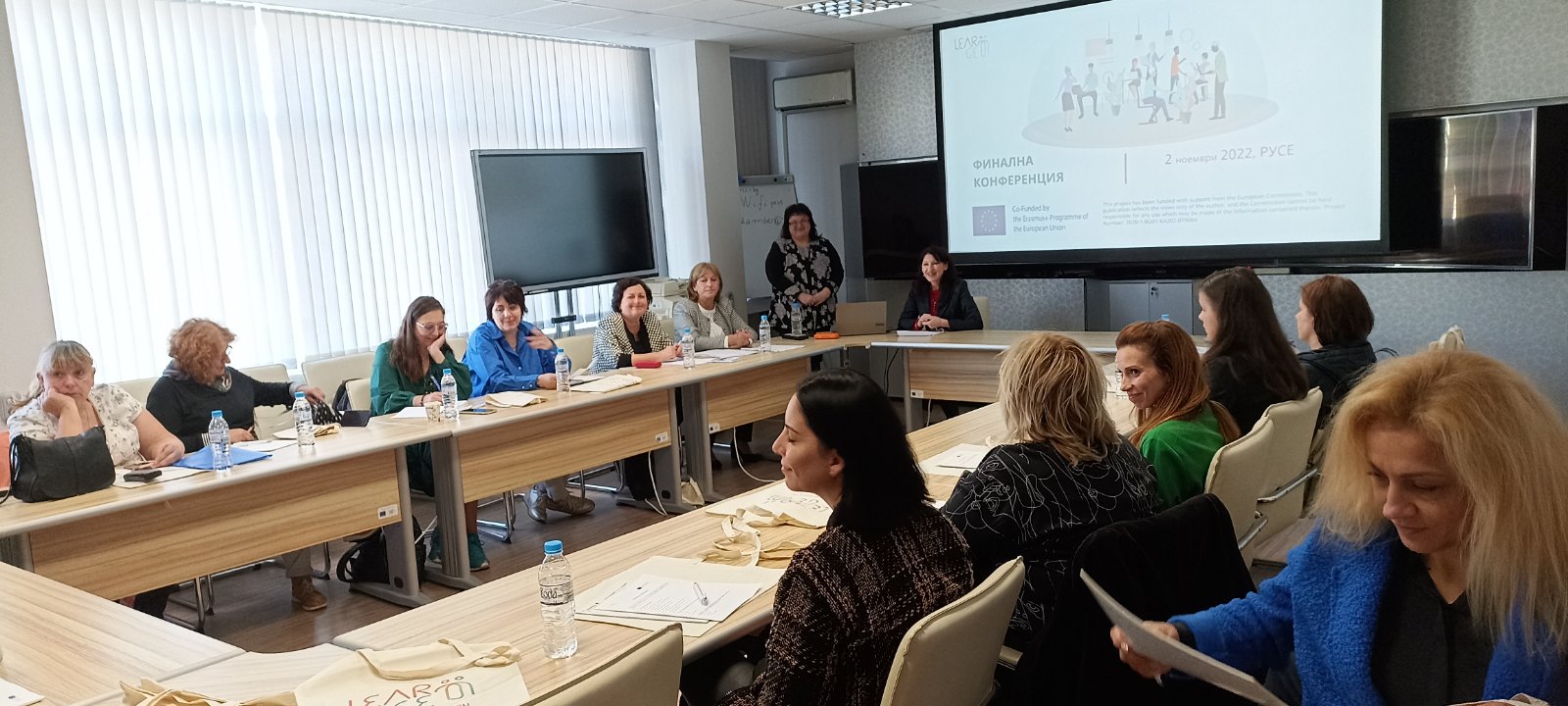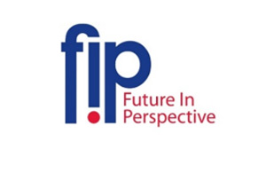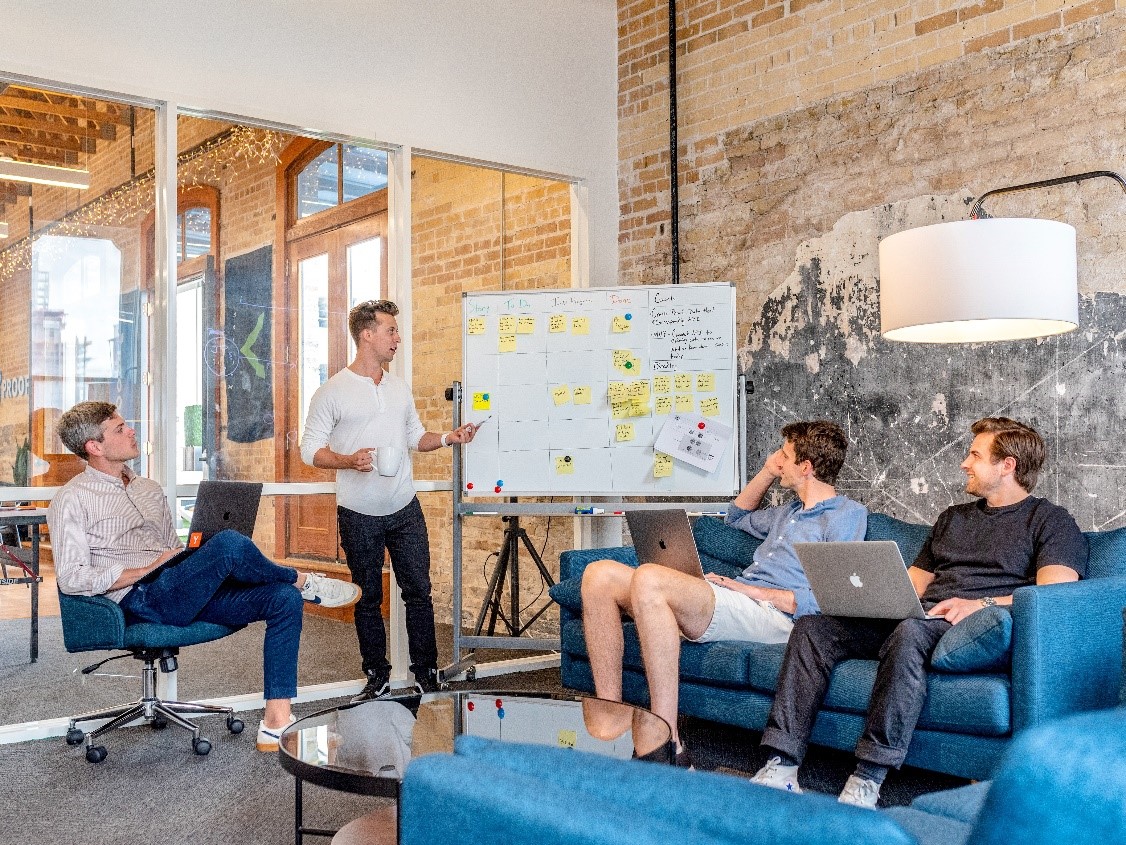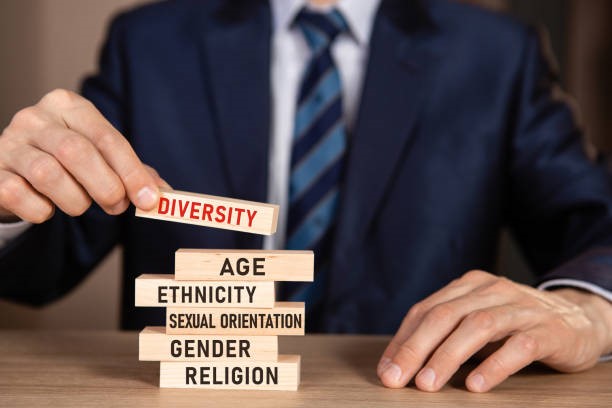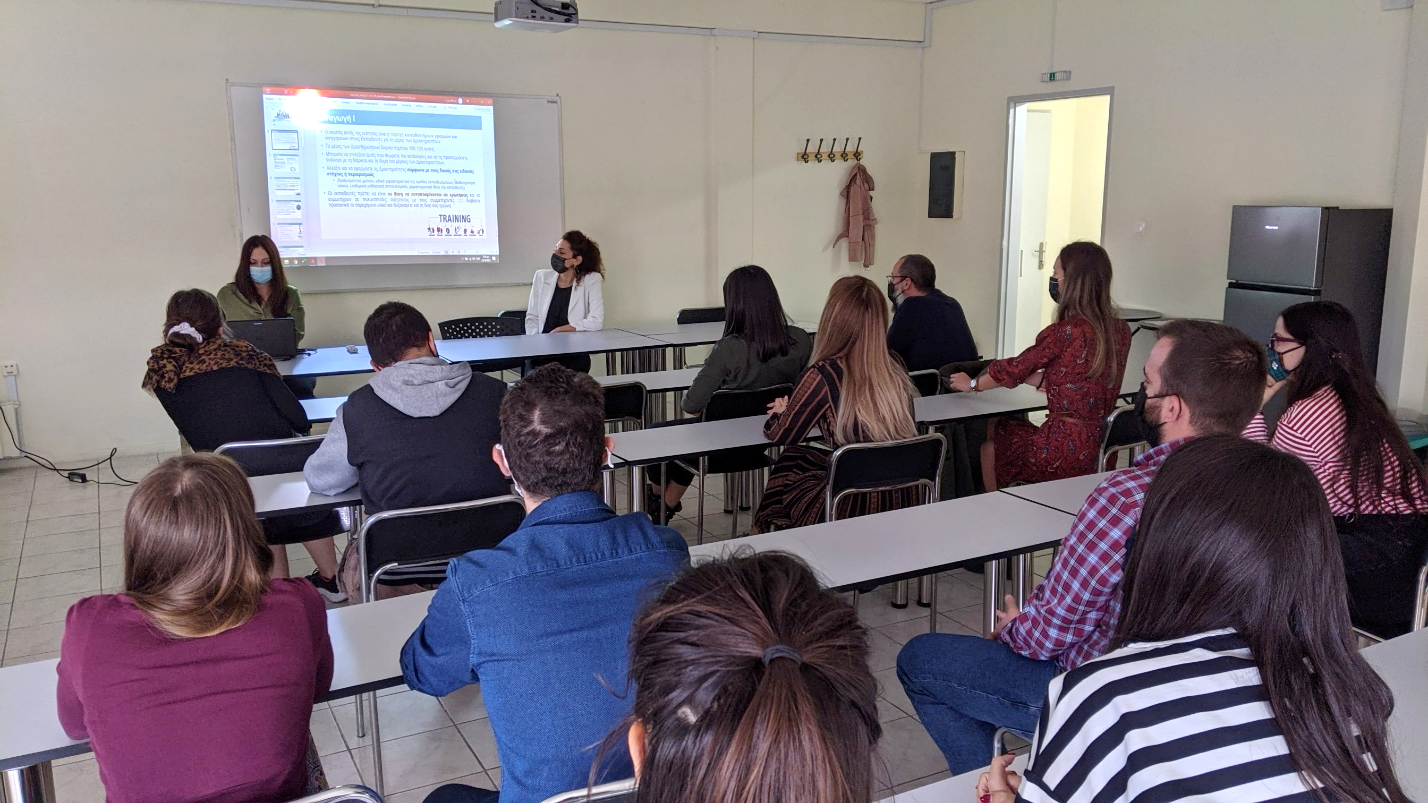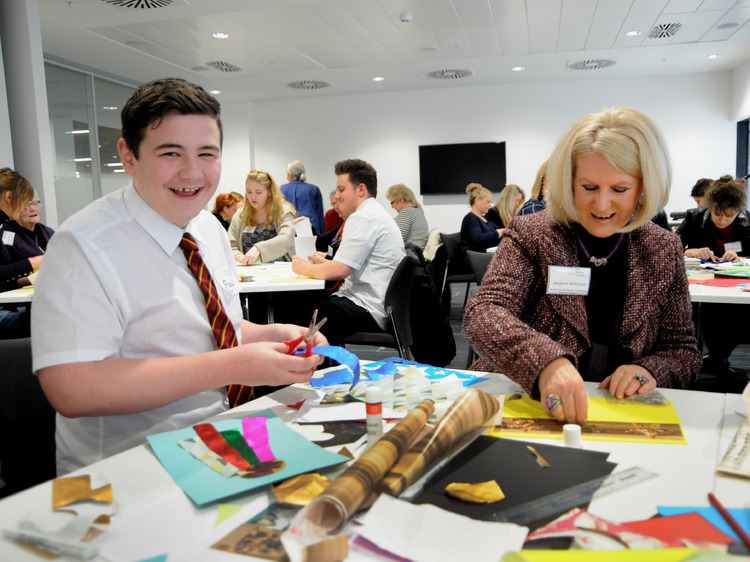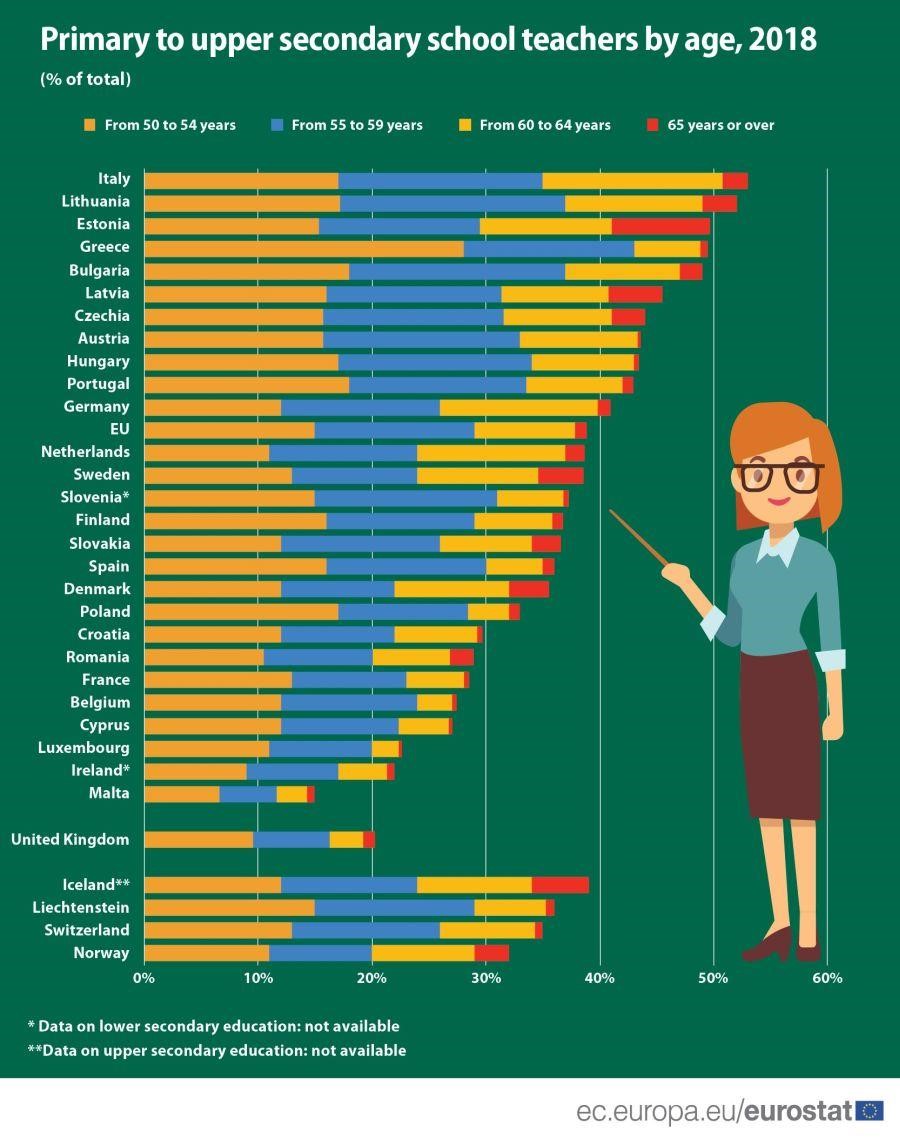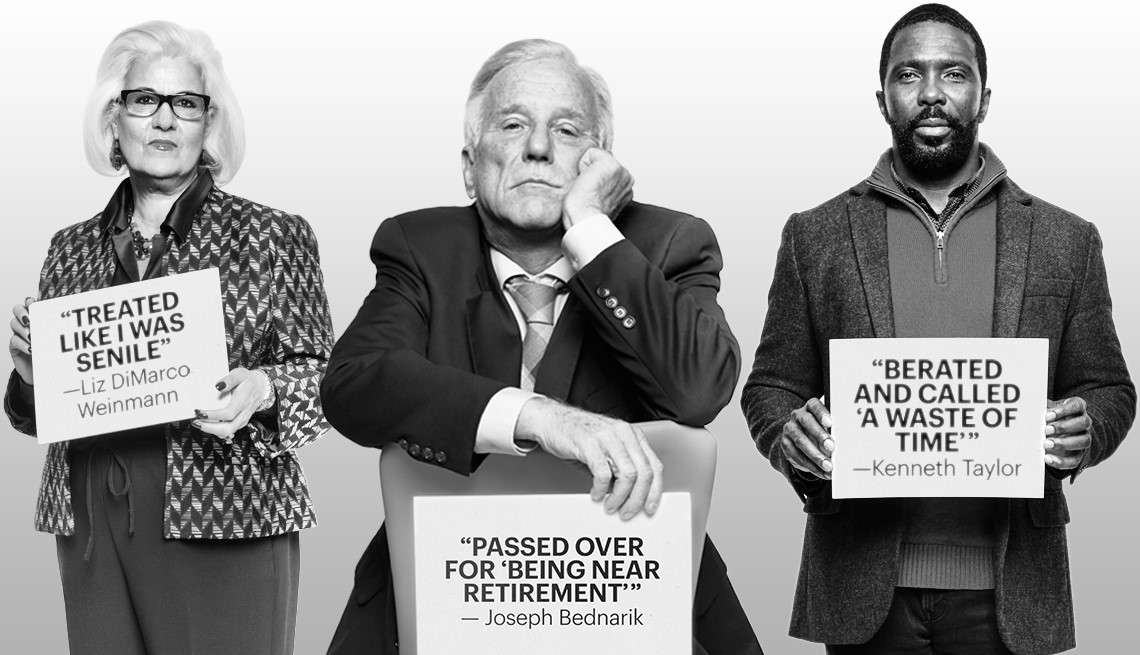
Multigenerational Workforce: From an Optional Choice to an Inevitable Necessity
Written by adminLearnGen on . Posted in news.
Multigenerational Workforce: From an Optional Choice to an Inevitable Necessity

The rise in the general population’s health levels and life-expectancy along with the willingness of older-aged individuals to remain professionally active for more years contradicts the lack of societal and business opportunities. Age related discrimination, marginalization, exclusion and lack of opportunities are only some of the problems that are escalated. To combat these problems, the LearnGen project is focused on promoting equal work opportunities for people of different ages, as well as endorsing strategies that can be used to prevent the exclusion of older staff, in order to promote diversification and inclusion of marginalized workers within the workplace.
The expansion of employment prospects and opportunities available to older employees, as well as the adoption of a multigenerational workforce can benefit the economy, society, and employees in multiple ways. For instance, the increase of active, older employees will cause the Gross Domestic Product (GDP) per capita to increase. Additionally, the collaboration between workers from different generations is expected to promote teamwork and reduce ageism within society, in general. This is because collaboration between people from different generations acts as a barrier against segregation, discrimination, and social exclusion. On a personal level, by enhancing multigenerational integration within the workplace, employees can expect the intergenerational knowledge and experience sharing to be expanded, increasing their productivity and performance as a result.
A further very important benefit brought on by the interaction between employees from different generations, is that it has a positive impact in retaining their mental health and motivation, as well as improving their resilience and well-being. For instance, studies have shown that older workers are hesitant to ask for mental health support from their employers when needed, while younger employees feel more comfortable to do so. Moreover, older employees are deemed to be more committed, self-sufficient, and competitive, while younger employees show more signs of resourcefulness, and problem solving abilities. Therefore, a working environment that comprises employees from multiple generations can hedge work related issues by creating an environment where each generation brings their competencies and where employees help and mentor one another.
Combating segregation, discrimination, and social exclusion of marginalized workers is not an option. Focusing on this necessity, the LearnGen project aims to utilize mentoring strategies such as peer mentoring and reverse mentoring to increase employees’ competencies and transferable skills. It aims to enhance learning from each other in the designing of peer-to-peer learning mentoring as a way of combating skills mismatches. Furthermore, LearnGen intends to identify effective, inclusive policies that focus on low qualified workers of different age groups.

